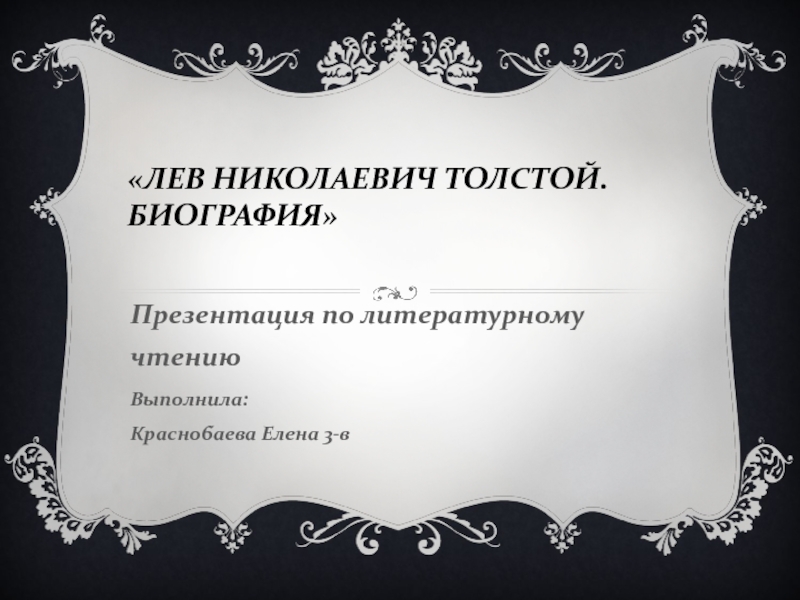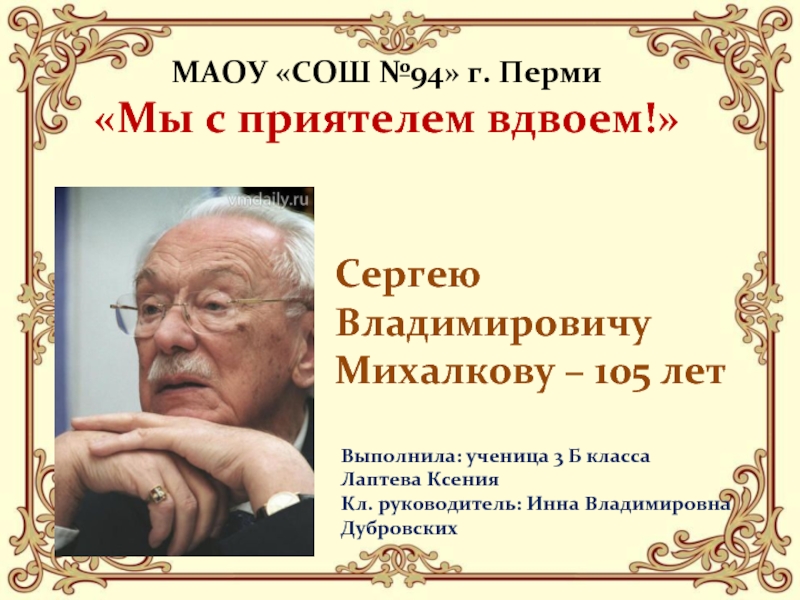A Divided Nation...
- Главная
- Разное
- Дизайн
- Бизнес и предпринимательство
- Аналитика
- Образование
- Развлечения
- Красота и здоровье
- Финансы
- Государство
- Путешествия
- Спорт
- Недвижимость
- Армия
- Графика
- Культурология
- Еда и кулинария
- Лингвистика
- Английский язык
- Астрономия
- Алгебра
- Биология
- География
- Детские презентации
- Информатика
- История
- Литература
- Маркетинг
- Математика
- Медицина
- Менеджмент
- Музыка
- МХК
- Немецкий язык
- ОБЖ
- Обществознание
- Окружающий мир
- Педагогика
- Русский язык
- Технология
- Физика
- Философия
- Химия
- Шаблоны, картинки для презентаций
- Экология
- Экономика
- Юриспруденция
American Civil WAR.LINCOLN. презентация
Содержание
- 1. American Civil WAR.LINCOLN.
- 2. INDEX Abraham Lincoln The American Civil War
- 3. ABRAHAM LINCOLN Abraham Lincoln was born on
- 4. ABRAHAM LINCOLN - MURDERED He was shot
- 5. THE AMERICAN CIVIL WAR The American Civil
- 6. CAUSES OF THE WAR 1. The Fight between
- 7. CAUSES OF THE WAR 2. Economic and Social
- 8. CAUSES OF THE WAR 3. The Election of Abraham
- 9. EFFECTS AND CONSEQUENCES OF THE WAR Emancipation
- 10. IMPORTANT PEOPLE Along the
- 11. IMPORTANT PEOPLE Harriet Tubman Harriet Tubman was
- 12. IMPORTANT PEOPLE Frederick Douglass On March 2nd,
Слайд 1AMERICAN CIVIL WAR.
LINCOLN.
Diana Alves || 4º B - 2013/14
IES FRAY PEDRO
Слайд 2INDEX
Abraham Lincoln
The American Civil War
Causes of the War
Effects and Consequences
Important People
Слайд 3ABRAHAM LINCOLN
Abraham Lincoln was born on February 12, 1809, in Hodgenville.
He was from the Republican Party and wanted to abolish slavery (abolitionist), and that's why the War began with Southern States, who were pro-slavery.
He was a good leader both as a president and managing the war. He replaced his generals multiple times to find good ones to lead the army in the war.
Signature
Слайд 4ABRAHAM LINCOLN - MURDERED
He was shot on his head five days
John Wilkes Booth
Слайд 5THE AMERICAN CIVIL WAR
The American Civil War, War of Secession or
In the North the President was Abraham Lincoln and in the South, Jefferson Davis.
Lincoln
VS
Davis
Слайд 6CAUSES OF THE WAR
1. The Fight between Abolitionists (North) and Slave States
As the North became more industrialized because of poor lands and the South was the other way around, the slaves were many more in the South, where they lived of agriculture (mainly cotton plantation) and therefore depended on slaves.
The Northern States wanted to abolish slavery and give black men human rights. In the other hand the Southern States were pro-slavery because, as said before, they needed slaves to work on their plantations.
Слайд 7CAUSES OF THE WAR
2. Economic and Social differences between the North and the
In the South the land was much more fertile than in the North and they lived mainly of agriculture: plantation of cotton and tobacco, and they used lots of African slaves to work on lands.
In the other side, in the North, as the lands were poor, they became more industrialized and this difference became also economic because there was more commercialization and trade. The North was developing focusing on city life, while the South continued to hold onto an antiquate society and based on the plantation system.
NORTH
Economy based on industry and free labour.
Large cities suffering rapid urbanization.
Massive immigration improved the economy.
SOUTH
Economy based on agriculture and slave labour.
Mainly rural.
Few immigrants.
Слайд 8CAUSES OF THE WAR
3. The Election of Abraham Lincoln.
After Lincoln won the elections
Jefferson Davis
Confederate Flag
Слайд 9EFFECTS AND CONSEQUENCES OF THE WAR
Emancipation Proclamation - On January 1st,
Deaths - The Civil War was by far the deadliest war in American history. Well over 600,000 people died.
Reconstruction - The period of time after the Civil War is known as Reconstruction. During this difficult era, the Southern states were gradually admitted back into the Union and the areas destroyed during the war were rebuilt.
Lincoln's Death - Five days after he won the war he was murdered in a theatre with a shot on his head by John Wilkes Booth.
Слайд 10IMPORTANT PEOPLE
Along the war Abraham Lincoln replaced his generals several
Ulysses S. Grant
U. S. Grant was the most successful general during the
Civil War. He participated in the Battles of Belmont, Fort
Henry and Fort Donelson. He held this position of general
from 1862 to 1869. He was later president of U.S.

















